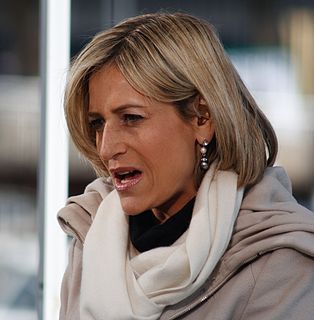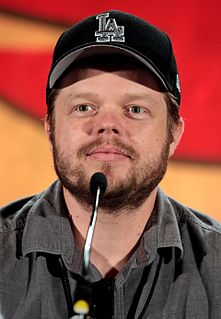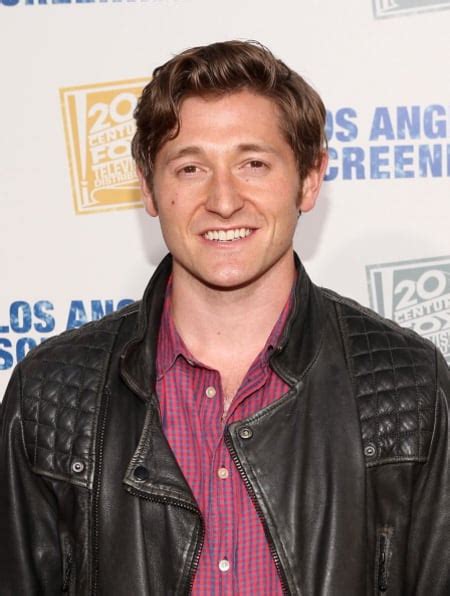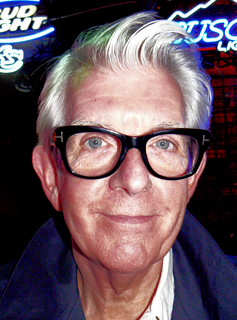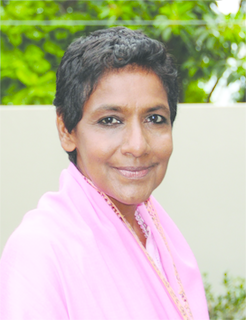A Quote by Emily Maitlis
It's arguing, in a very good and positive way. It's sort of sitting down and pulling an argument apart. I think that's a very oddly Jewish thing. And it's the chaos of family and a slight sort of cosy messiness of it all.
Related Quotes
Fear and euphoria are dominant forces, and fear is many multiples the size of euphoria. Bubbles go up very slowly as euphoria builds. Then fear hits, and it comes down very sharply. When I started to look at that, I was sort of intellectually shocked. Contagion is the critical phenomenon which causes the thing to fall apart.
I really became aware of the fact that, oh yeah, whereas a lot of other shows are sort of cynical or jaded or just sort of coming from that sort of energy, our show is very, very about these love-based relationships. It really comes out, a lot of times, in a sweet way. And I think people find that refreshing about our show. That's one of the things I definitely picked up on.
The idea was put to me, and my initial reaction was of slight sort of - I was slightly appalled, really, because in the U.K., we don't - we think it's all a bit vulgar, you know, doing Christmas or cashing in on Christmas. And there's a word we have for it, which is naff. And it's not exactly uncool. It really sort of means kind of vulgar and a bit - not very stylish.
I wasn't very good as a puppet. A lot of times in a movie, you need a really good puppeteer: you're sort of a puppet, and you're doing what you can. But I always, from the beginning, was kind of making up my own stuff from stand-up and sort of directing myself, so I wasn't very good in movies where I didn't have control.
I think, the argument sometimes that I've had with folks who are much more interested in sort of race-specific programs is less an argument about what is practically achievable and sometimes maybe more an argument of "We want society to see what's happened, and internalize it, and answer it in demonstrable ways." And those impulses I very much understand.
I feel badly for them, not sorry, but badly, because I think they've been given poor breaks and difficult, not sufficient opportunity to be who they are and sort of put into that straitjacket with the tie, and all of the things that is really built like a straitjacket when you look at it, and tied up in a sort of a way where their purpose had to be slimmed down to just certain things, and function pared down to the linear, and it is very difficult for men.
I didn't really because I know myself well enough to know that if I actually sit down and think about sort of I can spook myself out like anyone, you know? It's sort of like you've got to sort of jump out of the airplane when you're skydiving. If you spend 20 minutes sitting on the lip you probably won't do it.
